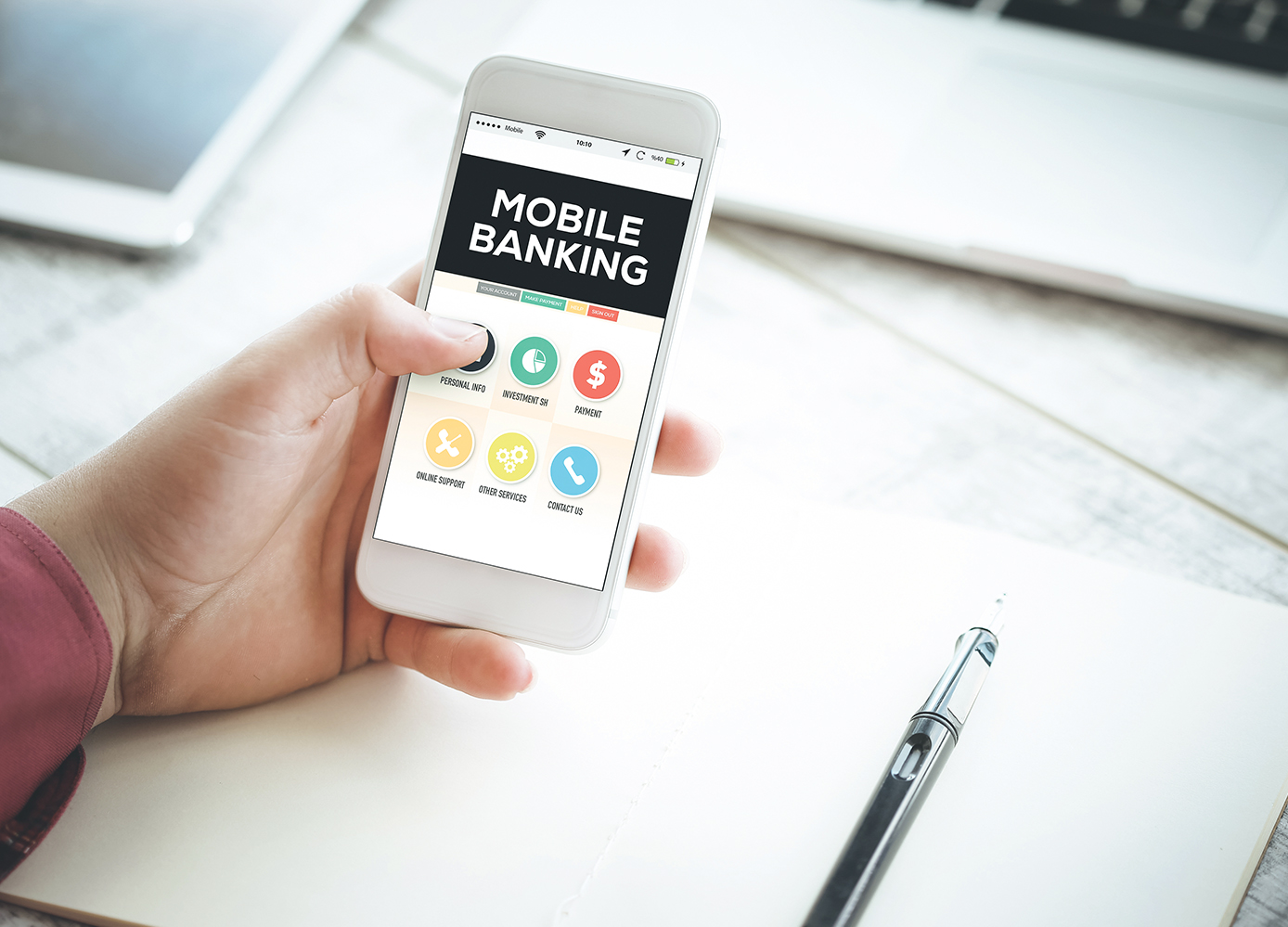Using a VPN (Virtual Private Network) can help keep you safe and secure online
By Matt Smith
Computers, cellphones, and other devices all require a network connection to communicate with each other. That’s what a WiFi router does in your home: it creates a local network to which you can connect your devices so that you can transfer files or other information between them.
This local network also provides the jumping off point for your devices to connect to the outside world of the Internet. When you pull up a web page on your computer, your local network connects remotely to the network that the website’s servers are on. To do this, both networks need to share their Internet Protocol (IP) addresses. An IP address is essentially an Internet postal code: it tells other networks where to send information.
Like postal codes, IP addresses contain information that can be traced back to the user, including his or her geographical location. You can see for yourself what information your IP address shares about you here.
Not only does this IP address allow communication between your computer and the Internet, it also affects what information you have access to. Some governments use their citizens’ IP addresses to block certain content, and streaming services like Netflix use it to restrict their programming by geographical location (some programs aren’t available in Canada). (It’s important to note that the IP address reflects only the network’s location— not your computer’s actual location.)
This is where VPNs come in. A VPN is a virtual network, so it’s not tied to your physical location. Instead, VPN services allow you to connect remotely to different servers all across the globe. This means that any web traffic going to or from your computer makes a detour through the virtual network instead of going straight to its destination.
Instead of identifying your local IP address, the website that you’re on is tricked into thinking that you’re connecting from the location of the remote network. This can be handy if you want to catch up on the latest news broadcasts from another country, and more important, it adds an extra layer of security to your web browsing.
When you’re using a public WiFi network—say at a café or airport—all your web traffic is going through the same unsecured server as everyone else’s. This can leave you wide open to hackers, who can now infiltrate your devices or snoop on your e-mail correspondence. Using a VPN allows you to avoid this danger, as it prevents cyber criminals from accessing your devices through the WiFi network.
So how exactly do you access a VPN? It’s easier than it sounds. Numerous companies provide VPNs with an array of different features; some are free (though there may be a catch), and some are subscription services. CNET has a good comparison of this year’s top commercial VPN providers here. Once you settle on a service, you’ll just need to download the app on your computer or mobile device, log in with your account, and you’re all set!
Photo: iStock/Funtap.





